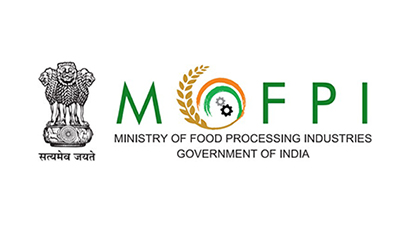PM Formalization of Micro food processing Enterprises Scheme (PMFME)

Creation of Backward and Forward Linkages
January 3, 2023
Operation Greens
January 3, 2023
Tags
Benefits
- The scheme adopts the One District One Product (ODOP) approach to reap the benefit of scale in terms of procurement of inputs, availing common services and marketing of products. ODOP for the scheme will provide the framework for value chain development and alignment of support infrastructure. There may be more than one cluster of ODOP products in one district. There may be a cluster of ODOP products consisting of more than one adjacent district in a State.
- The States would identify the food product for a district, keeping in perspective the focus of the scheme on perishables. A baseline study would be carried out by the State Government. The ODOP product could be a perishable Agri produce, cereal-based product, or a food product widely produced in a district and their allied sectors. An illustrative list of such products includes mango, potato, litchi, tomato, tapioca, kinnu, bhujia, petha, papad, pickle, millet-based products, fisheries, poultry, meat as well as animal feed among others. Besides, certain other traditional and innovative products including waste to wealth products could be supported under the Scheme. For example, honey, minor forest products in tribal areas, traditional Indian herbal edible items like turmeric, amla, haldi, etc.
Subsidy
To whom / eligible ?
To whom?
Eligibility
- Existing Micro food processing
enterprises
Submission of Application
Contact
Does it comes to Sakal limits?
Yes






